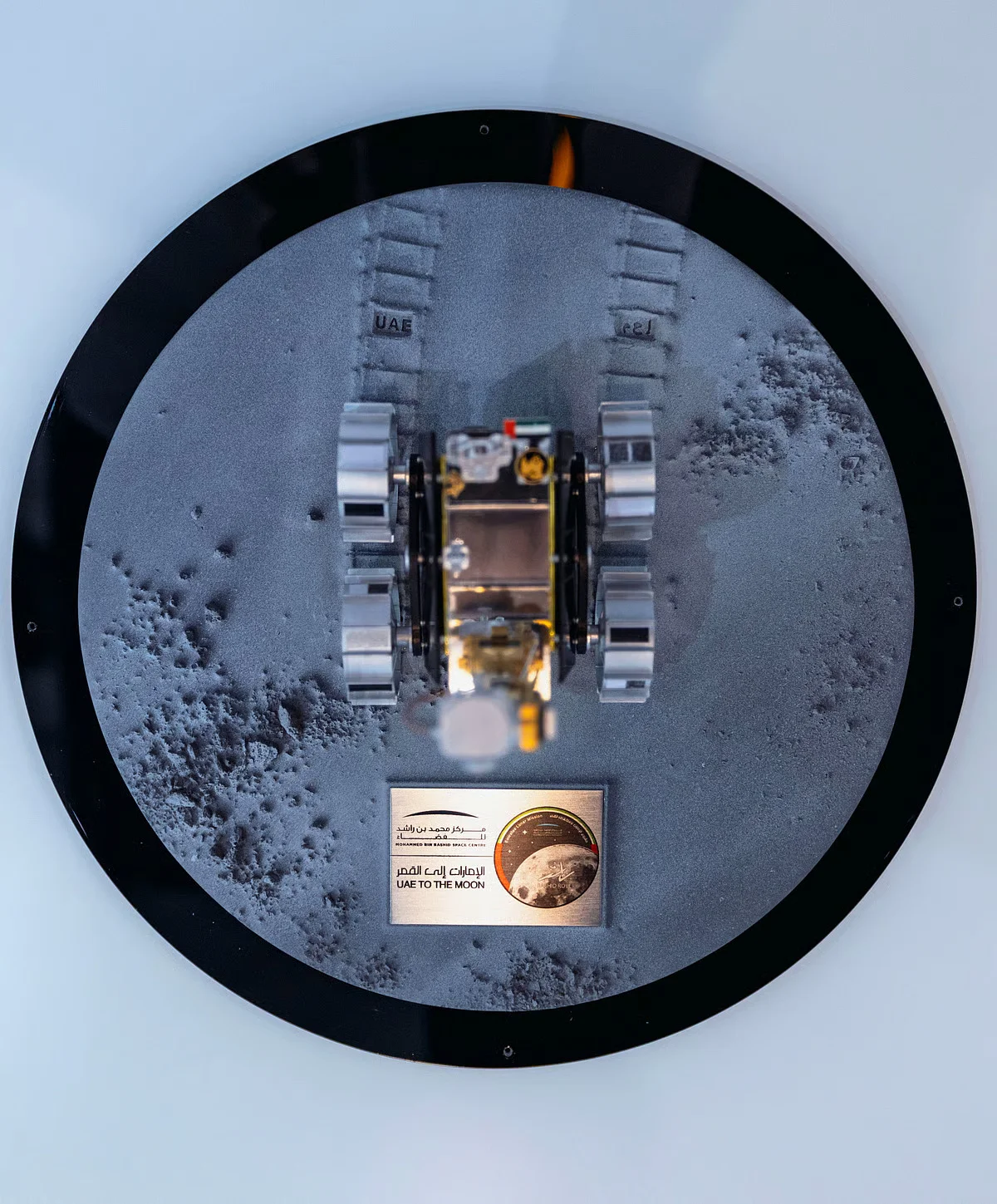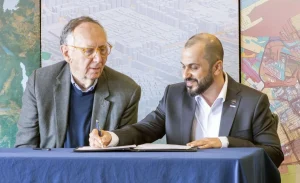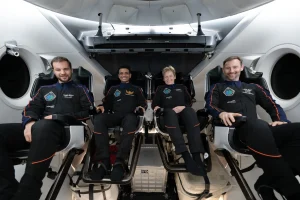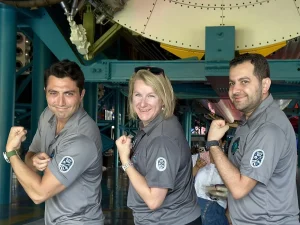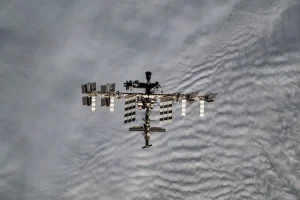The United Arab Emirates is once again making headlines in the global space community. His Highness Sheikh Hamdan bin Mohammed bin Rashid Al Maktoum, Crown Prince of Dubai and President of the Mohammed Bin Rashid Space Centre (MBRSC), recently announced the official launch timeline of the UAE’s Rashid Rover 2 mission — set for 2026 aboard a US-based lunar lander.
This marks a renewed commitment to lunar exploration following the challenges of the first Rashid Rover mission, which did not successfully land. The development of Rashid Rover 2 is not only a symbol of resilience but also a testament to the UAE’s dedication to advancing space science, technology, and collaboration on a global scale.
Sheikh Hamdan emphasized that the UAE’s space program continues to push boundaries in scientific research, international cooperation, and sustainable innovation. The mission will be managed by MBRSC and executed in partnership with a commercial American space company, representing the UAE’s growing participation in the international space economy.
With this initiative, the UAE joins a growing number of nations striving to establish a sustained presence on the Moon — not only for exploration, but to develop technologies that will support future interplanetary missions.
Why It Matters
- Inspiration: The Rashid Rover 2 mission ignites a sense of pride and purpose across the Arab world, inspiring young minds to pursue careers in STEM.
- Partnerships: It underscores the importance of international collaboration between governments and commercial players.
- Innovation: The mission is a critical step in developing technologies for mobility, communication, and sustainability on the Moon.
The UAE’s continued advancements in space exploration highlight the importance of building strong networks across the global space community. That’s where the Space Travel Summit plays a pivotal role — serving as a premier platform in the MENA region to connect government agencies, aerospace leaders, investors, and innovators.
Join us at Space Travel Summit 2025 and be part of the global conversation shaping the future of space exploration.
Source: Gulf News

